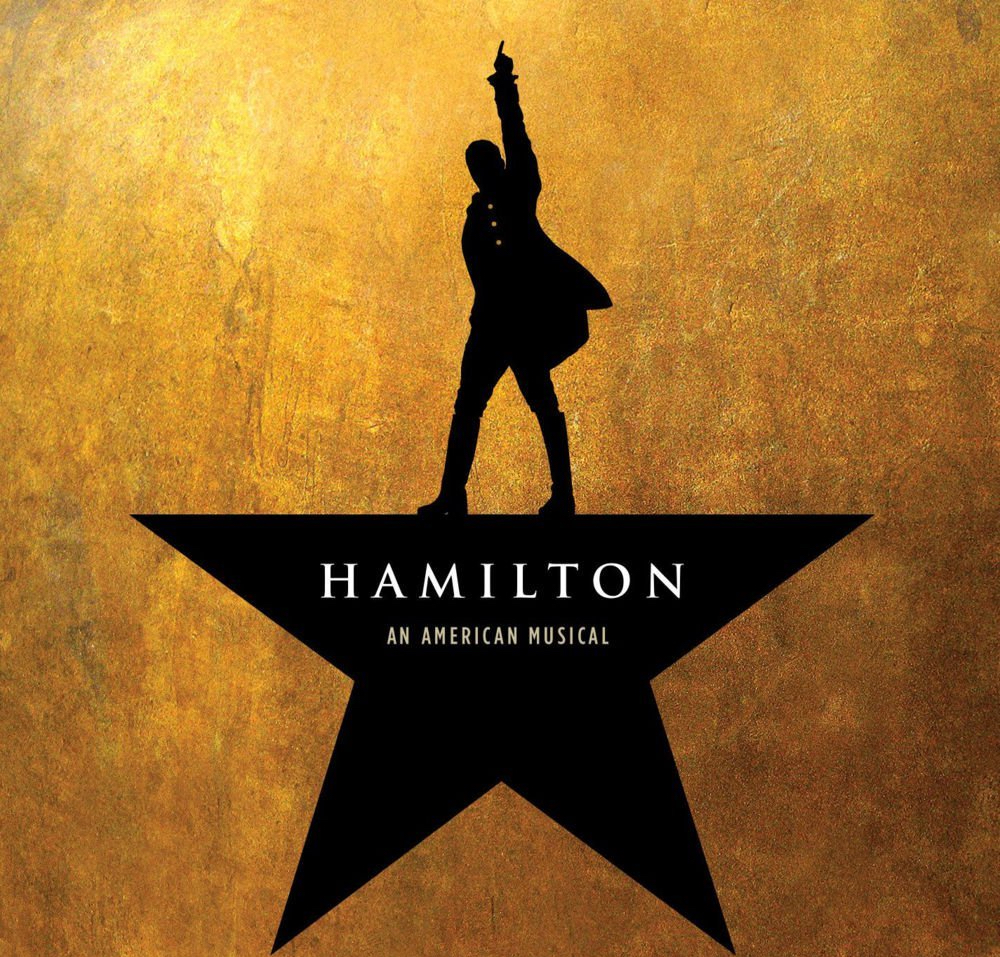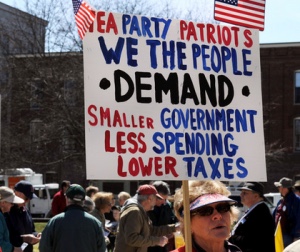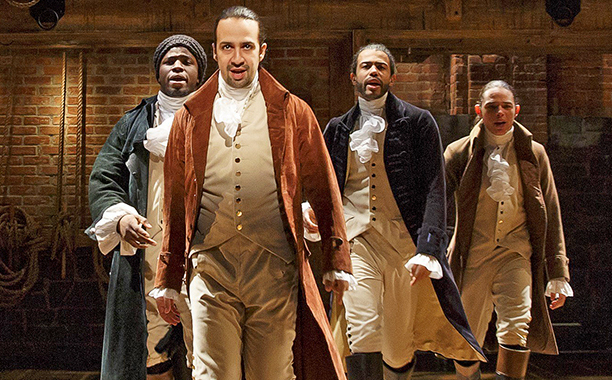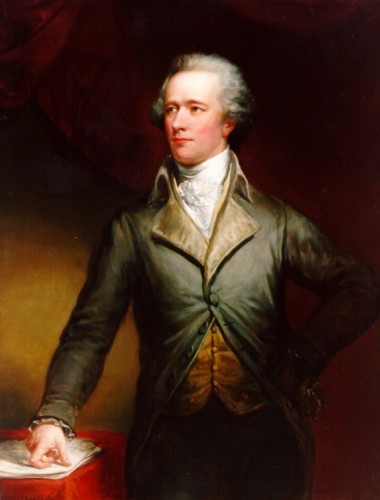
Herman Melville’s 1851 novel Moby Dick has been enjoying something of a renaissance in the last few years. The great white Leviathan is called forth once more in online memes, jokes and think-pieces. There was a disappointing 2014 movie and an interesting 2017 film short. Bob Dylan even mentioned the book as inspiration for his own writing in his acceptance speech for the 2017 Nobel prize for literature. Perhaps the book’s renewed appeal registers a fresh search for meaning, as the zombified corpse of post-war liberalism staggers on directionless. In many ways, this 150- year old novel is a novel for our times.
In any case, the recent surge of interest prompted me to finally read this classic novel which had been on my ‘must read’ list for longer than I can remember. It turns out that I’d been foolish to delay; it’s a fascinating read. It mixes together, in fairly equal measure, empiricism and romanticism; a catalogue of facts stirred into the most compelling fiction. It is a magical concoction that conveys a drama both dream-like and incontrovertibly real. Melville rigorously investigates the evidence on record about whales and sets that record before the reader. He explores geology, mythology, law, literature, history, natural history, biology, archaeology, geography, politics, international relations, anthropology, theology, psychology and much more; empirical knowledge collected within many disciplines as they relate to whales in all and every sense. But he also makes clear that in doing so, he fails – just like Captain Ahab – to capture the essence of Moby Dick. Melville is no Gradgrind.

In his celebration of human diversity alongside an awareness of the painful futility of seeking meaning in human existence, Melville sits among the great Romantic poets and writers of his century. The nineteenth century was an age of innovation, scientific discovery and technological invention. As Melville wrote, facts were challenging faith; religious dogmas were being overturned and undermined by scientific discoveries in every sphere. He published Moby Dick only eight years before Darwin published his Origin of Species (1859). There was something in the air; the questions of fact and meaning battled one another. The novel is an attempt to reconcile the deeper, more spiritual meaning of the world with the newer discoveries about it.
But the novel’s tragic ending points to the uncomfortable paradox that while humanity can’t possibly survive in a world without meaning, the unending search for absolute truths is also ultimately futile, even fatal. Or rather, the search itself can come to blind a man to his own purpose. As Starbuck pleads with Captain Ahab, “See! Moby Dick seeks thee not. It is thou, thou that madly seekest him!” Ahab’s vengeful madness consumes his mind, body and soul. The reader wonders whether Melville wants Ahab to go home to his devoted, patient wife and find peace or to conquer his fishy nemesis and find glory? Either path will destroy him but only the latter will fulfil his destiny.
It is this transcendental destiny that really occupies Melville and all those who pursue Moby Dick: locating that sublime conjunction between the factual and the meaningful. Ultimately, the search will bring the whole ship down: all the faith and tradition of generations; all the people, black and white, young and old. For his contemporary, Marx, the relentlessness of modern capitalist progress led inexorably to solids melting into air; for Melville, the relentlessness of human curiosity – and the false certainties it leads to – plunges us onward at great risk to our own sanity and safety. Melville spoke most directly to Emersonian Transcendentalism but posits diverse, vivid, open-ended democracy as the antidote to certainty and the tyrannical absolutism of Ahab’s truth.
Moby Dick is famously a novel of adventure and single-minded pursuit. But there is so much more that makes it a truly American novel – perhaps THE great American novel. The restless angst of a young America, pushing its frontier-line forward and its mastery over nature upward, seeps out of the pages at every turn. There is the tragic story of young Pip, an African American cabin boy driven mad when forced to reckon with the truth of his fragile existence. (Pip is the namesake of Dicken’s more famous hero, who fulfilled his vital potential rather than having it ripped from him, as American slaves did). There is the ‘melting pot’ cast of seamen; diverse characters from all races and civilisations mixing together, learning from one another and depending on each other.
Rather than following a destructive path to absolute truth, Melville’s story recommends greater recognition of human mutuality and interdependence. One of the most moving passages in the book is a reflection by our narrator, Ishmael, on the precariousness of his situation when tied on a “monkey-rope” to his friend the harpooner Queequeg. As Queequeg stood atop a dead whale’s head, balancing in the sea as the men rotated the whale to strip it’s fat in coils, Ishmael stood on deck, harnessed to Queequeg in a deadlock of security and peril.
“I seemed distinctly to perceive that my own individuality was now merged in a joint-stock company of two; that my free will had received a mortal wound; and that another’s mistake or misfortune might plunge innocent me into unmerited disaster and death . . . I saw that this situation of mine was the precise situation of every mortal that breathes; only, in most cases, he, one way or other, has this Siamese connection with a plurality of other mortals. . . . But handle Queequeg’s monkey-rope heedfully as I would, sometimes he jerked it so, that I came very near sliding overboard. Nor could I possibly forget that, do what I would, I only had the management of one end of it.”
It is not a comfortable relationship, necessarily, but suggests the import of mutual trust and open communication. In a democracy, meaning can only be reached in conversation with fellow citizens. Essential truth is impossible because truth – in a democracy at least – is negotiated and contingent. If the crew had turned their collective will to more democratic ends, they might have combined constructively to put an end to Ahab’s absolutism and his madness.

Melville was no doubt influenced by Alexis de Tocqueville’s disquisition on Democracy in America, published a decade before Moby Dick, which notes that while “in their country and their age, man is brought home to himself by an irresistible force; and losing all hope of stopping that force . . . turn all their thoughts to the direction of it.” Melville recognises the force that drives Ahab (to know the Whale) and Ishmael (to know Ahab) but also recognises its futility and ultimate destructiveness. While Tocqueville’s Americans “do not deny that every man may follow his own interest, but endeavor to prove that it is the interest of every man to be virtuous,” Melville too acclaims the good, indeed the divine, nature of human equality, gracing God as the “the centre and circumference of all democracy.” For him, human dignity “has no robed investiture.” Rather, “Thou shalt see it shining in the arm that wields a pick or drives a spike.” He warns the reader of his commitment to this creed:
“If then to meanest mariners and renegades and castaways I shall hereafter ascribe high qualities, though dark, weave around them tragic graces; . . . then against all mortal critics bear me out in it, thou just spirit of equality, which has spread one royal mantle of humanity over all my kind.”
His profound, romantic plea for democratic egalitarianism continues:
“Bear me out in it thou great democratic god who did not refuse to the swart convict Bunyon the pale poetic pearl; thou who didst clothe with doubly hammered leaves of finest gold the stumped and paupered arm of old Cervantes; thou who didst pick up Andrew Jackson from the pebbles, who didst hurl him upon a war horse, who didst thunder him higher than a throne; thou who in all they mighty earthly marchings ever collect your champions from the kingly commons – bear me out in it, oh god!”
The body of postcolonial criticism that caricatures nineteenth-century novels as performing racist, imperial adventures for home audiences and reflecting a crude belief in scientific objectivity does most of them a disservice but distorts Moby Dick grotesquely. Melville is all too aware of the limits of scientism and of the romance of adventure. Moreover, he does not simply reflect a new democratic culture, he helps to forge it. As CLR James has it, “In his great book the divisions and antagonisms and madnesses of an outworn civilization are mercilessly dissected and cast aside. Nature, technology, the community of men, science and knowledge, literature and ideas are fused into a new humanism.”[i]
Melville embraces the particular American experience but his novel speaks to all of us moderns. He establishes fact and fiction as complementary tools in an ongoing search for knowledge, truth and meaning and he explains both the necessity and the limitations of that search. Moby Dick, he finds, is just as much about what we bring to him as what he brings to us. In his own enigmatic nature, he might bring to us a better understanding of our own purpose – or drive us mad. Melville’s imagination is expansive and his writing is ambitious and risky. He writes the world and acknowledges that our own location in it is “not down on any map. True places rarely are.” It is always out there for us to discover for ourselves.
[i] CLR James, Mariners Renegades and Castaways (Bewick Editions, 1978): 105.



